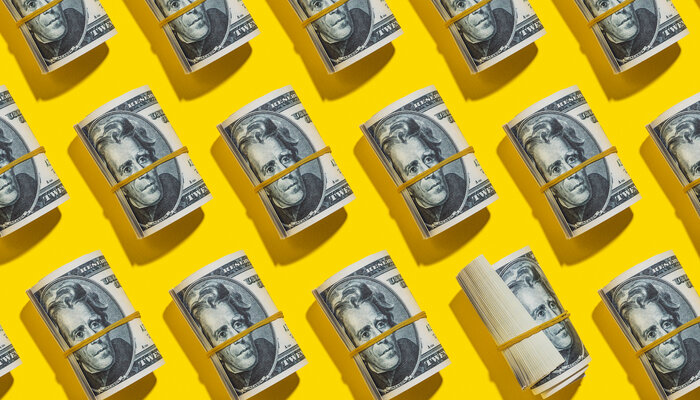This article was originally published in Spanish in La Opinión
As our country grows more diverse, so should our government. But money, or the lack of it, keeps getting in the way of people from all walks of life being able to participate in elections as both candidates and donors.
The financial strain of political campaigns can be a deterrent for those who are not wealthy or well-connected. Even successful Latino candidates like Rep. Alexandria Ocasio-Cortez (D-NY), a former bartender, and Rep. Maxwell Alejandro Frost (D-FL), only 26 years old, have said that they were forced to deplete their savings or max out credit cards to be able to hit the campaign trail.
So it is welcome news that the Federal Election Commission is considering updates to decades-old rules for how and when candidates can use campaign funds to support themselves. The current rules allow candidates to pay themselves as much as what they earned in the previous year, up to the salary the office the candidate is seeking pays. This undermines candidates who earned lower salaries or were full-time caregivers.
The potential changes could allow all candidates to pay themselves a living wage. Updates to the rules could also allow candidates to use campaign funds for essential expenses like childcare, currently done only with special permission from the commission.
But an even bigger hurdle for many candidates, including sitting officeholders, is raising campaign money, especially following the 2010 Supreme Court decision in Citizens United that lifted restrictions on election spending. In its wake, contributions by the biggest donors — corporations, wealthy individuals, and special interest groups — have grown at an explosive rate, leaving small donors in the dust.
The Brennan Center found that during the 2022 midterm elections just 100 big donors contributed significantly more to federal campaigns than all 3.7 million small donors combined.
In 2020, the state of New York approved the best response we’ve seen since Citizens United to this issue: a robust small donor match public campaign finance program. Under this law, eligible candidates can receive a match of public funds on the contributions they raise from small donors in their communities.
By matching the smallest contributions with the greatest match, the New York program serves as a model for other states looking to give more voters a greater voice in their politics and government. At least 15 states and 21 municipalities across the country, including New York City and Los Angeles, also have laws that provide public funds to empower small donors.
But continued vigilance is required to make sure such laws are implemented and well-funded. New York’s public financing program is currently at risk as state lawmakers have given signs that they are contemplating delaying its implementation, despite bipartisan, public support for the program across the state by a healthy majority. New York’s leaders must commit to this program with $39.5 million in the upcoming state budget so that implementation can continue.
Our goal, in New York and elsewhere, should be a representative government that reflects and responds to the diverse views of the people it serves.
This article was originally published in Spanish by La Opinión.






